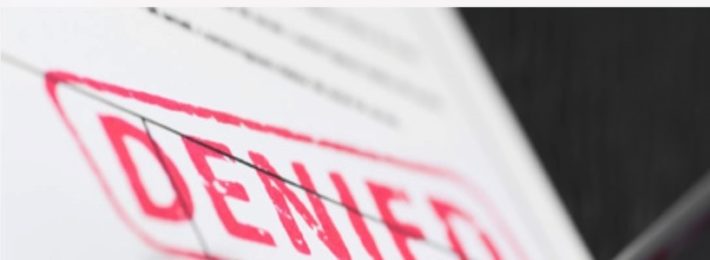Denied or Revoked SCI Eligibility and Possible Impact on Your Collateral Clearance

Many security clearances holders who have Top Secret or Secret clearance eligibility (also known as collateral) are wary about applying for jobs that require Sensitive Compartmented Information (SCI) access, especially when it requires a polygraph. The reason for this wariness is the unknown of what happens to their collateral clearance if they are denied SCI access. Not all positions that require SCI access require a polygraph, but if you are going to work for any of the Intelligence Community (IC) agencies you can probably bet on having to take one.
Let’s walk through a scenario; John Doe is an IC contractor, has a Top Secret clearance, and is moved over to a new job that requires SCI access with a polygraph. His current security clearance is accepted under reciprocity guidelines, so no new background investigation is required. John gets scheduled for the polygraph and takes it. The results are reviewed by the agency responsible for granting SCI access. There are inconclusive responses in some areas of the polygraph, so John is asked to take another one and it comes back with the same results. The agency decides to deny SCI access and withdraws the job offer. What happens next? John can just go back to his old job because he still has a Top-Secret clearance, right? Well, maybe.
The Defense Counterintelligence and Security Agency (DCSA) has provided instructions for Facility Security Officers (FSO) on what to do when a scenario like this comes up. The FSO needs to submit a request to DCSA to review and recertify the collateral clearance eligibility to see if there was anything in the polygraph that would be disqualifying. An inconclusive result on a polygraph doesn’t mean it is disqualifying, but signs of deception or new information that were not previously disclosed and should have been might well result in a collateral clearance revocation. In the end, as long as you have been honest in previous background investigations and are not trying to hide something there should be nothing to worry about.
| ReplyForward |



“ An inconclusive result on a polygraph doesn’t mean it is disqualifying, but signs of deception or new information that were not previously disclosed and should have been might well result in a collateral clearance revocation”
Are you saying that there’s a difference btwn “inconclusive” and “significant response” when it comes to effect on collateral? It’s all ■■■■■■■■ anyways, and the govt knows this, right?
The key word here is should. Note that if the person leaves that company (voluntarily or otherwise) they will most likely end up in “Loss of Jurisdiction” with an “incident” which is not a good place to be.
True or not the government believes in them. If we choose that life…we choose that life.